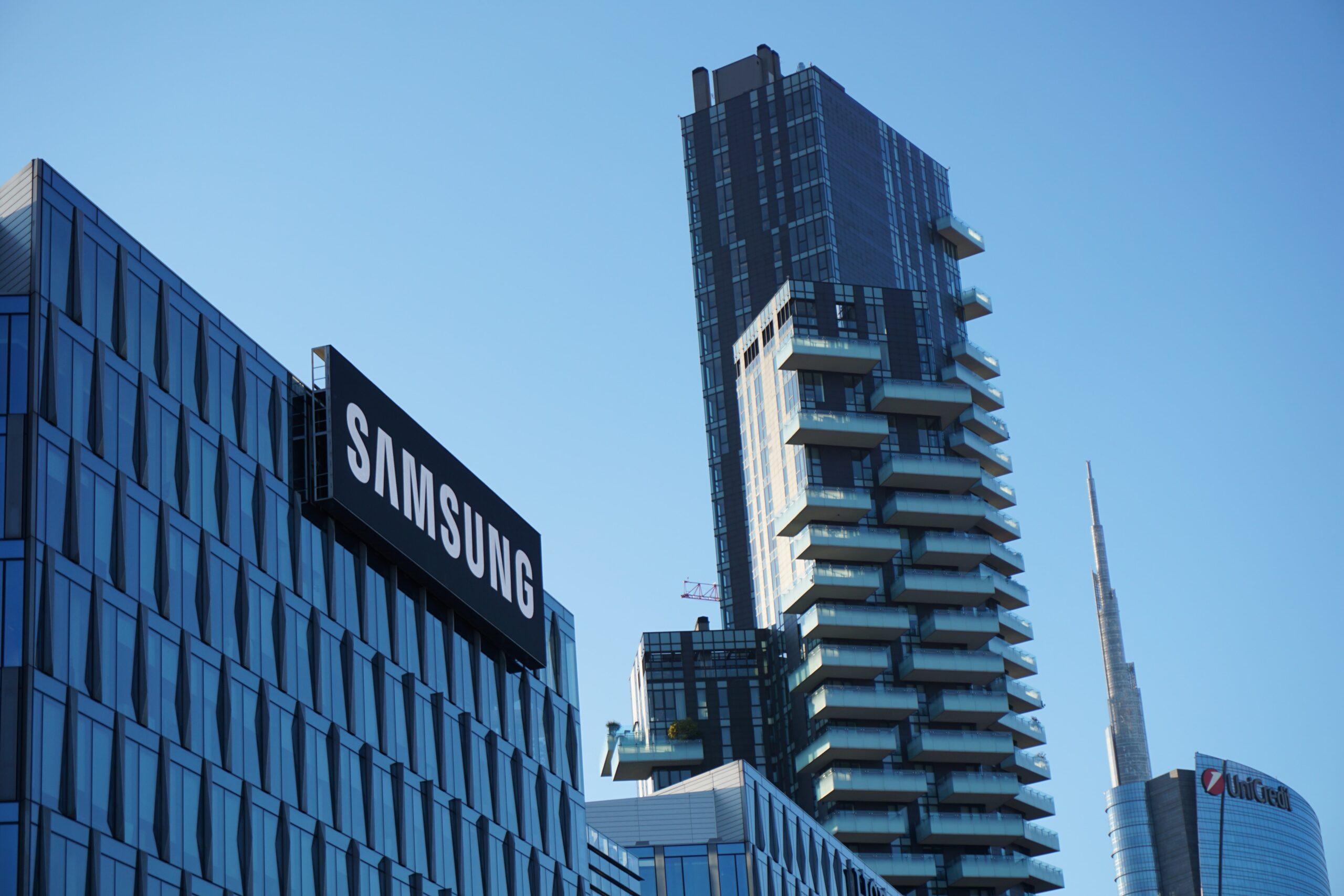In the United States, Samsung Display has requested that the Federal Trade Commission (FTC) implement a blanket prohibition on the sale of any aftermarket or reconditioned AMOLED displays. If such a rule were to be followed, there is a significant possibility that it would destroy the whole independent repair business and deprive customers of the option to purchase cheaper components.
An advocate for consumers’ rights to fix their own broken electronics, Louis Rossmann, has uncovered a particularly frightening lawsuit filed by Samsung Display. This case seeks to prevent the importation of any aftermarket displays into the United States market. It requests that the Federal Trade Commission of the United States issue a stop and desist order against a number of different businesses that deal with aftermarket or reconditioned displays. Those who are conversant with legalese will understand all that is said in this lawsuit.
Users will be required to get new components from the original equipment manufacturer (OEM), which, in the case of Samsung AMOLED panels, might be prohibitively costly for many consumers. It will also be disastrous for the ecosystem of independent repair businesses that was relying on the aforementioned components. In the event that Samsung prevails, the consequences will be felt all over the industry since the company’s AMOLED panels are used in a diverse selection of items, including high-end smartphones, laptops, and tablets, amongst others.
In addition, it runs counter to the overall industry tendency of producing electronic products that are easier to fix. The Dell Concept Luna, the Framework Laptop, and the PrimeBook Circular are some examples of devices that are gaining popularity. Even Apple, which is notorious for being anti-right-to-repair, now allows consumers to fix their own devices. Louis, however, believes this to be hogwash since it does not allow for board-level fix.
